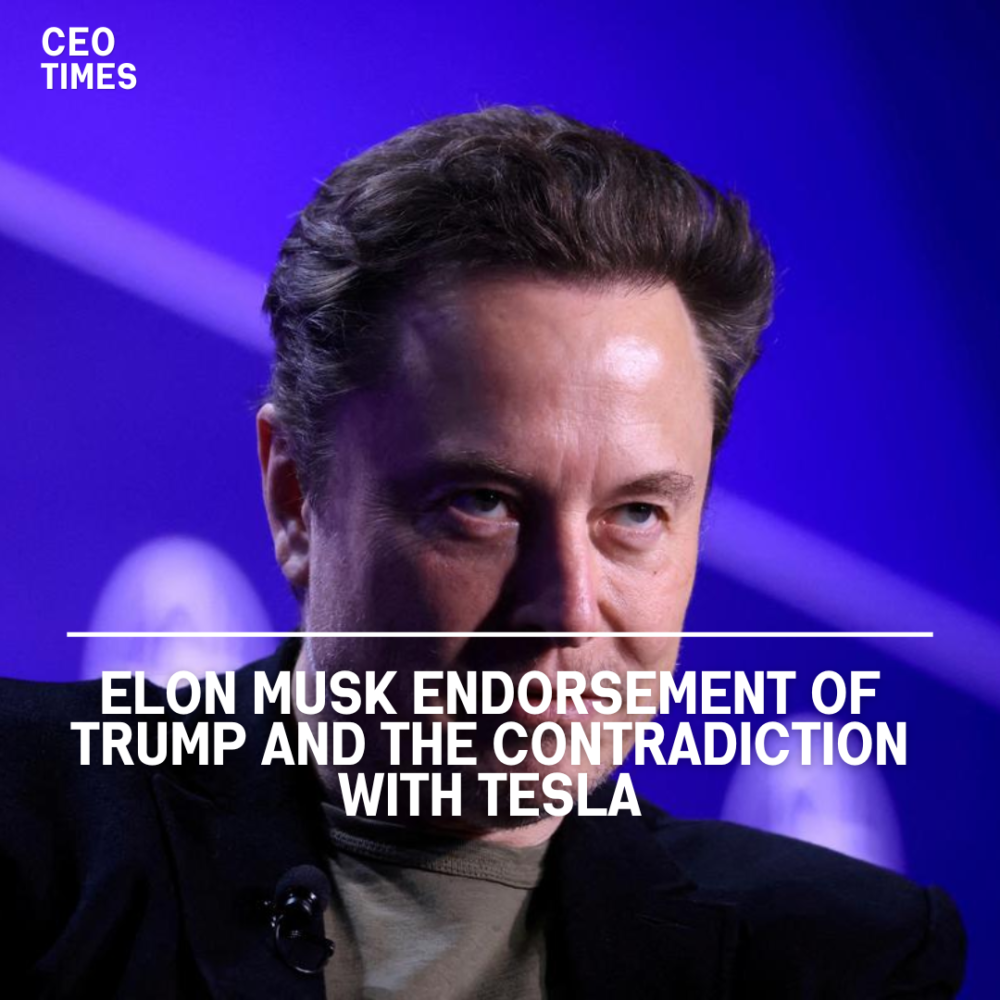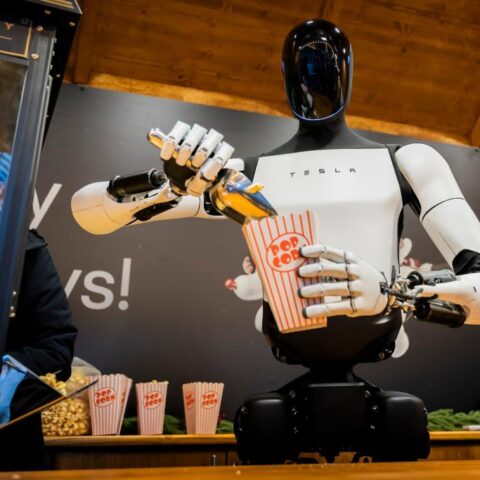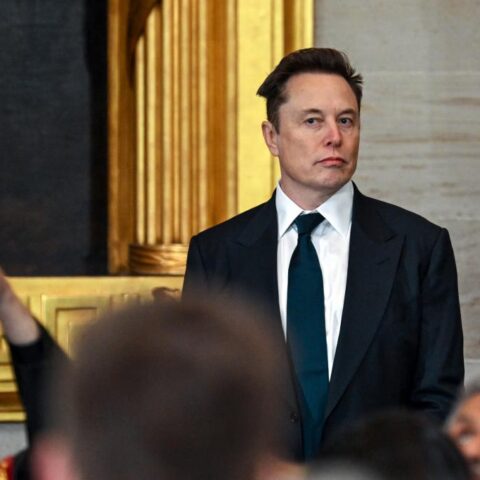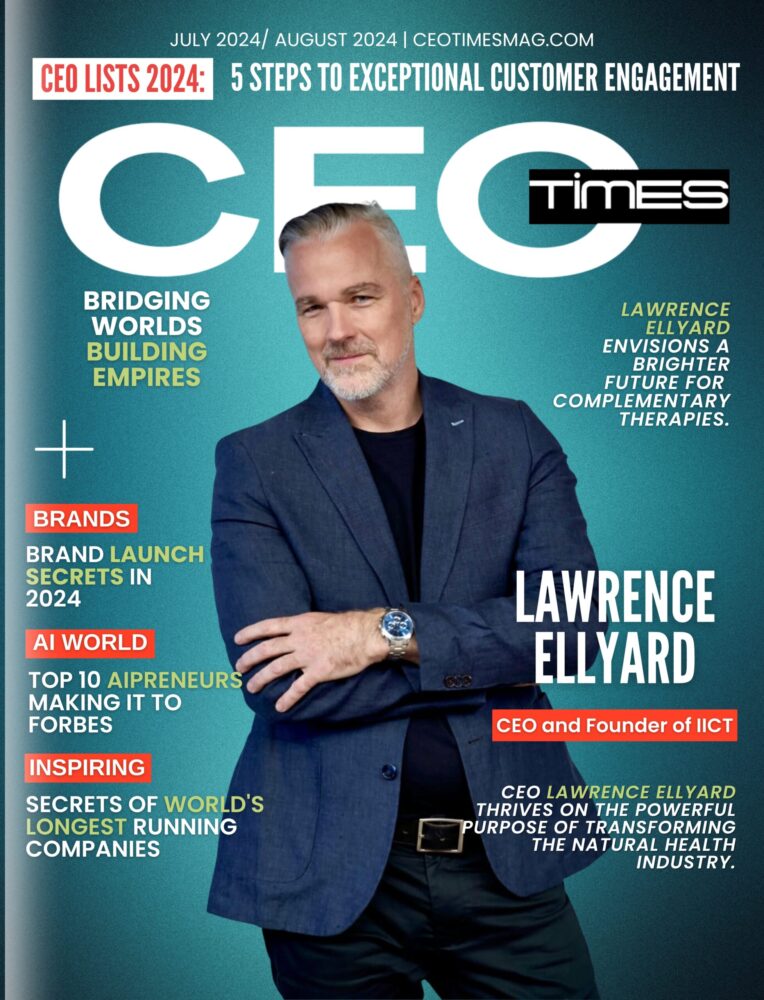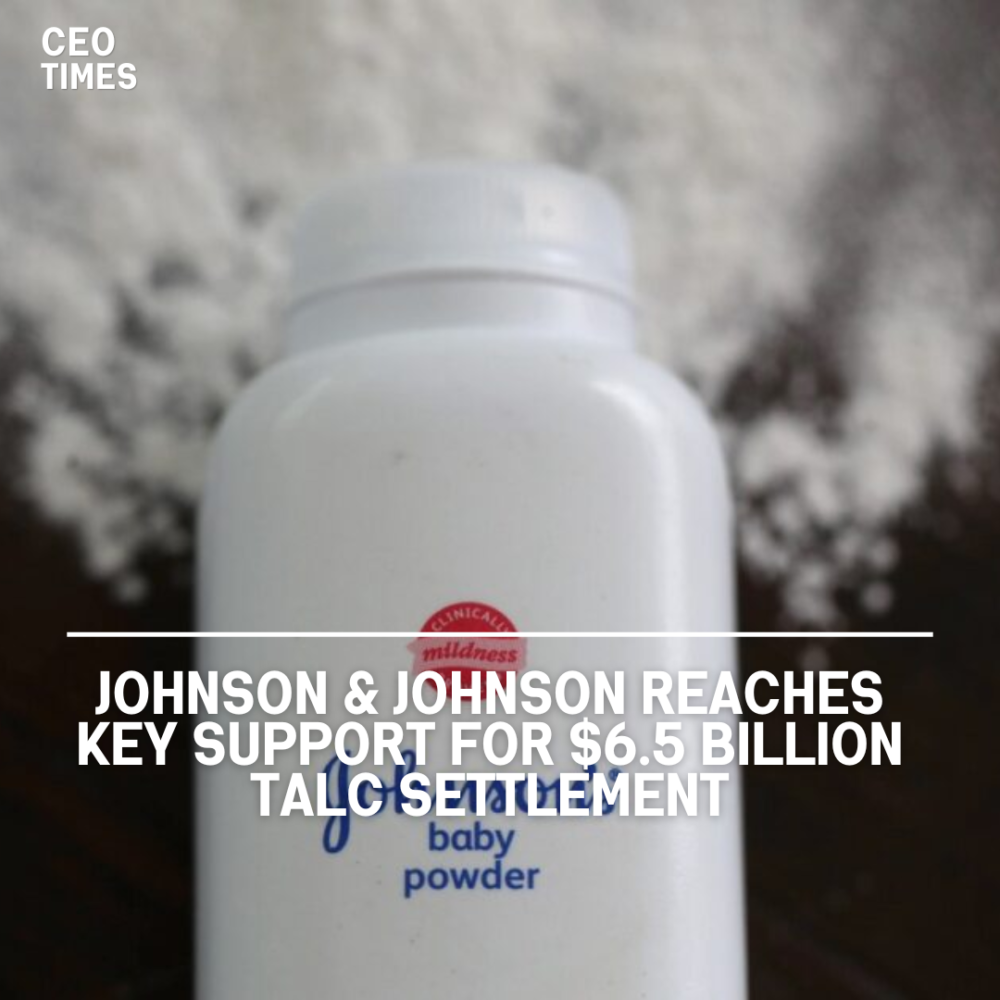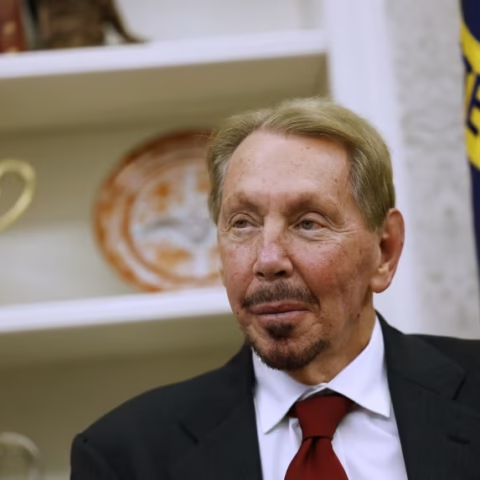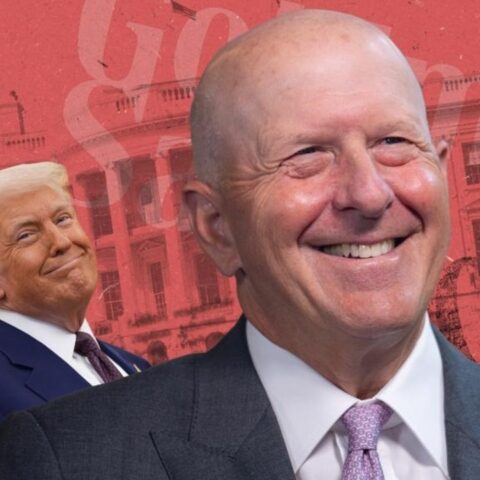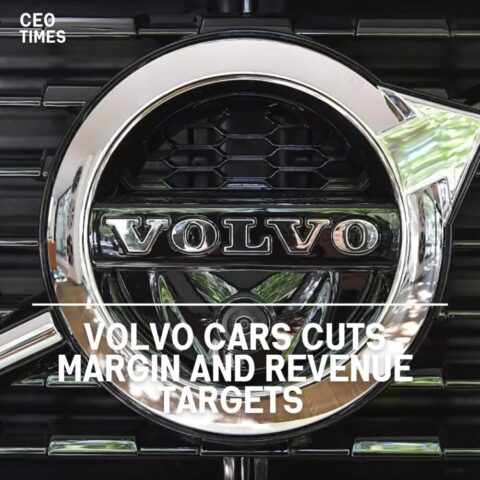In a move that raised eyebrows, Elon Musk, the CEO and founder of Tesla, recently endorsed former President Donald Trump for the 2024 presidential election. This endorsement came despite Trump’s promises to “drill, baby, drill,” “end the electric vehicle mandate,” and reduce subsidies that have significantly contributed to Tesla’s growth as the leading electric vehicle (EV) manufacturer in the U.S.
Tesla’s Reliance on Government Support:
Tesla’s rise to dominance in the EV market has been heavily supported by government loans, tax breaks, and favorable regulations—policies typically championed by the Democratic Party. For instance, in February 2024, Tesla filed a request with the U.S. Environmental Protection Agency (EPA), urging the Biden administration to allow California to enforce stricter vehicle emissions standards than the rest of the country. This is a policy Trump opposes.
Additionally, Tesla has lobbied for regulations that would ban the production of most new gasoline cars by 2035, a policy criticized by Trump and other right-wing figures. This contradiction between Musk’s political endorsements and Tesla’s reliance on government support has drawn attention to Musk’s pragmatic approach to subsidies.
Musk’s Pragmatic Approach to Subsidies:
Despite Musk’s public dismissal of subsidies, Tesla has historically benefited from them. Mike Murphy, a Republican strategist, commented on Musk’s approach, noting that while Musk often criticizes subsidies, Tesla continues to capitalize on them. This approach signals Musk’s broader focus on long-term goals that may extend beyond Tesla’s immediate interests.
According to Andrew Ward, a management professor at Lehigh University, Tesla is not the endgame for Musk. With investments in sectors like artificial intelligence, space exploration, and neuroscience, Musk may be willing to sacrifice some of Tesla’s short-term interests to satisfy his broader ambitions.
Tesla’s Continued Lobbying Efforts:
Despite Musk’s political leanings, Tesla continues to lobby for government support. The company’s first major manufacturing facility in Fremont, California, was developed with the help of a $465 million loan from the U.S. Department of Energy, repaid three years later. More recently, Tesla has earned nearly $9 billion since 2018 through the sale of “regulatory credits” awarded by federal and state governments for exceeding emissions standards.
A review of Congressional lobbying records shows that Tesla has consistently worked to shape public policy in favor of these benefits. In a February 2024 filing with the U.S. Department of the Treasury, Tesla argued that sustained government support is crucial for accelerating the transition from fossil fuels, mitigating greenhouse gas emissions, and protecting public health.
The Growing Bond Between Trump and Musk:
Musk’s growing relationship with Trump might be further highlighted during an upcoming interview on X (formerly Twitter), where Musk is scheduled to interview the Republican candidate.
While it’s unclear what Musk’s ultimate ambitions are, his support for Trump, once tenuous, solidified in July 2024 after an assassination attempt on the former president. Following the incident, Musk endorsed Trump and committed to funding a political action committee that has already spent $21 million to support Trump’s campaign.









